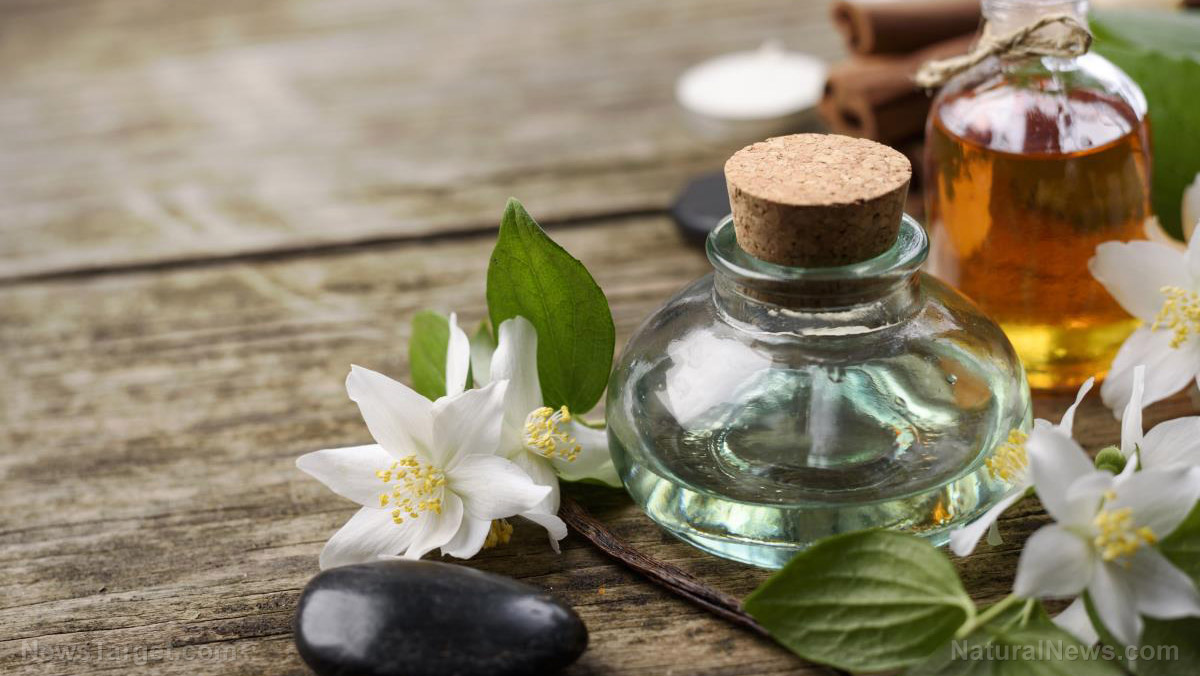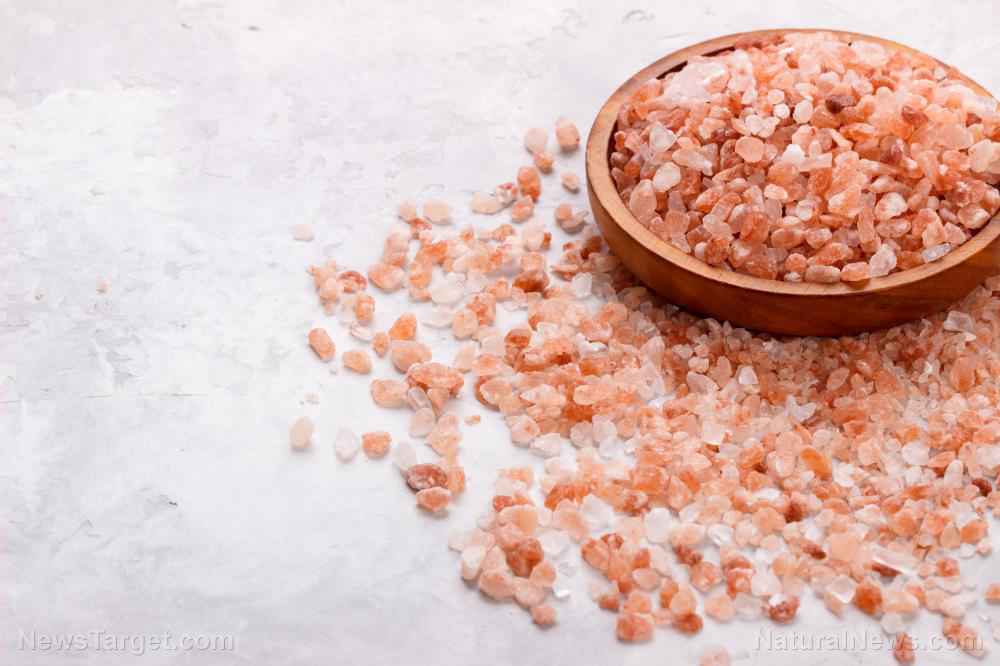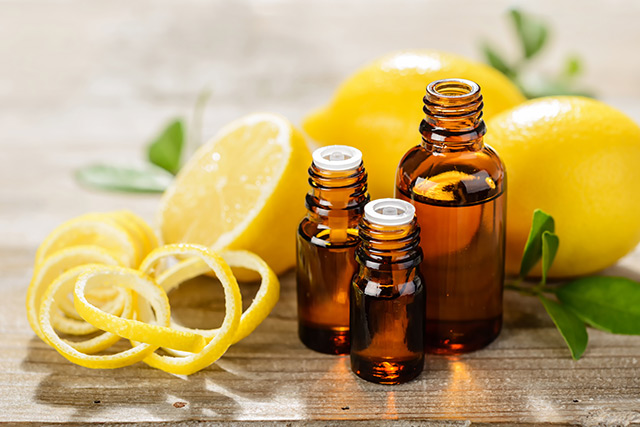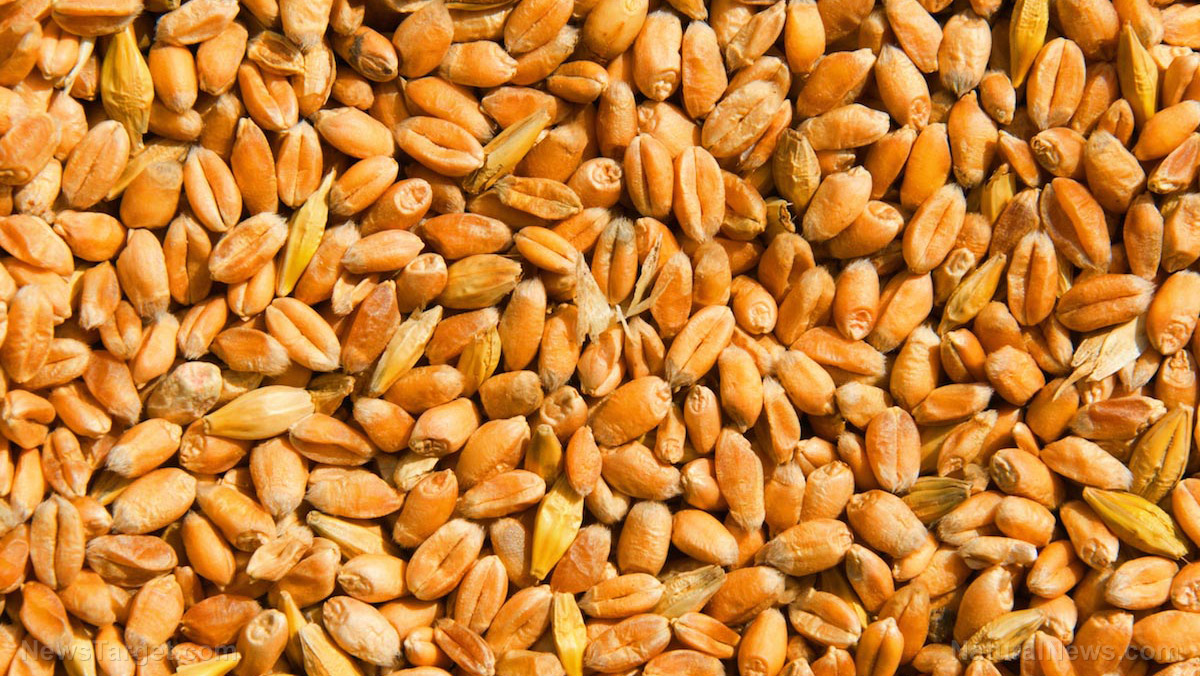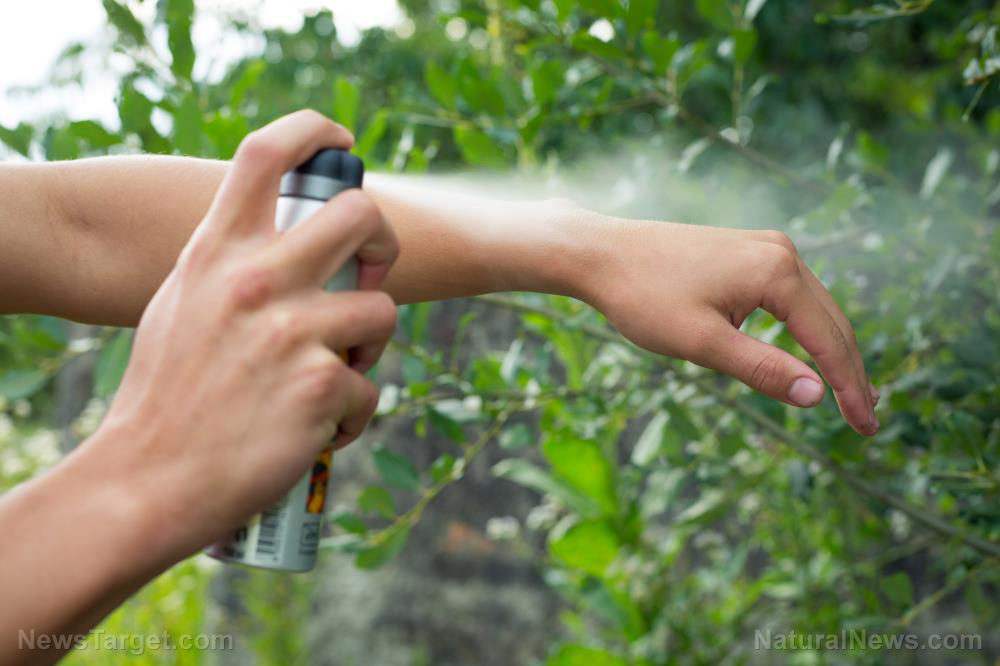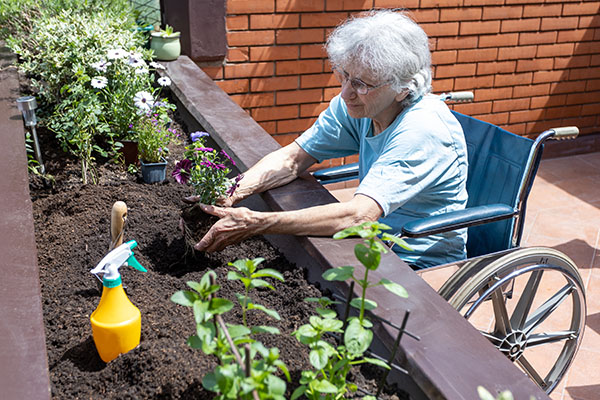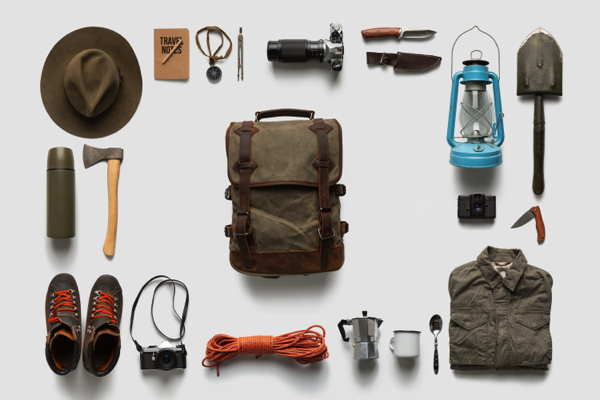Preparedness solutions: The many uses of VINEGAR beyond cooking
05/16/2024 / By Olivia Cook

Vinegar is one of the most versatile “must-have” items in your pantry and survival cache. While vinegar is often used for culinary purposes, it also has several uses outside the kitchen – the most common of them being a non-toxic cleaning agent. Here are some ways you can use vinegar, in particular white vinegar, to keep things clean.
Clean and brighten up brickwork
Mix one cup of white vinegar and one gallon of warm water, and use a recycled rag to go over the bricks of your fireplace or brick floor. This will make your home’s brickwork cleaner without the use of chemicals.
Burnish and rust-proof your scissors
Sticky or grimy scissor blades can be cleaned by wiping them down with a cloth dipped in full-strength white vinegar and drying them off with a dish towel. The vinegar’s acidity not only removes the gunk, but also protects the blade from rusting.
Clean and soften caked and stiff paintbrushes
Soak mildly caked paint brushes in white vinegar to clean. In worse cases, gently simmer them in vinegar for five to 10 minutes – or a bit longer – until clean and soft. Wash in warm, soapy water, then rinse.
Clean coffee and tea stains from glass and china
Frequent consumption of coffee and tea often leaves stains in your coffee cups and pots, but vinegar can help remove these. Boil vinegar in glass coffee pots once a week, wash and rinse. Use equal parts vinegar and salt to remove stains from cups.
Clean up your pets’ “accidents”
Combine a small amount of liquid detergent and three tablespoons of vinegar in a quart of warm water, and sponge on the soiled area to clean. Rinse with warm water and blow dry afterward. White vinegar acts as a disinfectant that gets rid of certain bacteria and viruses.
Clean and disinfect wooden cutting boards
You can use vinegar to disinfect and clean your wood cutting board since the acetic acid can kill pathogens. Vinegar’s ability to get rid of food odors from your cutting board is also an added bonus. Remember to wipe your cutting board with full-strength white vinegar after each use.
Keep wild animals away from your food garden
Some wild animals like cats, deer, dogs, rabbits and raccoons often check out your food garden before you do. But thankfully, they can’t stand the scent of white vinegar – and you can use that by soaking a few recycled rags in white vinegar and placing them on stakes around your property. You should re-soak the bags every week for full effect. (Related: Use horticultural vinegar as a natural herbicide.)
Keep hiking water fresh
You can also use vinegar to prevent your drinking water from going stale while outdoors. Add several drops of white vinegar to an insulated water container to help your drinking water stay fresh longer and make it a better thirst quencher.
Loosen rusted and corroded hinges and screws
Pour white vinegar over the head of a rusty screw or a hinge to loosen it. Soak rusted bolts, nuts and screws in vinegar and scrub with a wire brush.
Make plastic and vinyl upholstery anti-static
Wipe plastic and vinyl upholstery with a cloth dampened with a solution of vinegar and water. When laundering plastic shower curtains or tablecloths, add a part of vinegar to rinse water. White vinegar decreases the attraction of dust and static on plastic and vinyl upholstery.
Remove bad odors
If your hands smell of fish or onions, you can use vinegar by wiping it on them. Musty odors can be removed from lunch boxes by dampening a piece of bread with vinegar and leaving it inside overnight.
Head over to GreenLivingNews.com for more stories about the many uses of vinegar.
Watch this video about the amazing health benefits of vinegar.
This video is from the True Pathfinder channel on Brighteon.com.
More related stories:
Vinegar offers miraculous and mundane uses.
Five surprising household uses for vinegar.
Balsamic vinegar added to pasta dishes lowers blood sugar and helps you to lose weight faster.
Sources include:
Submit a correction >>
Tagged Under:
disinfectant, Gear, green living, homesteading, ingredients, non-toxic cleaner, odor remover, off grid, pest repellent, preparedness, prepper, prepping, rust remover, stain remover, survival, survival gear, tips, Vinegar, White Vinegar
This article may contain statements that reflect the opinion of the author
RECENT NEWS & ARTICLES
COPYRIGHT © 2017 GEAR.NEWS
All content posted on this site is protected under Free Speech. Gear.news is not responsible for content written by contributing authors. The information on this site is provided for educational and entertainment purposes only. It is not intended as a substitute for professional advice of any kind. Gear.news assumes no responsibility for the use or misuse of this material. All trademarks, registered trademarks and service marks mentioned on this site are the property of their respective owners.


